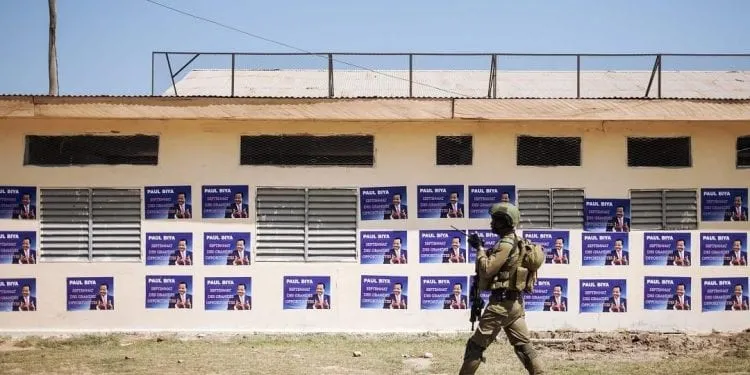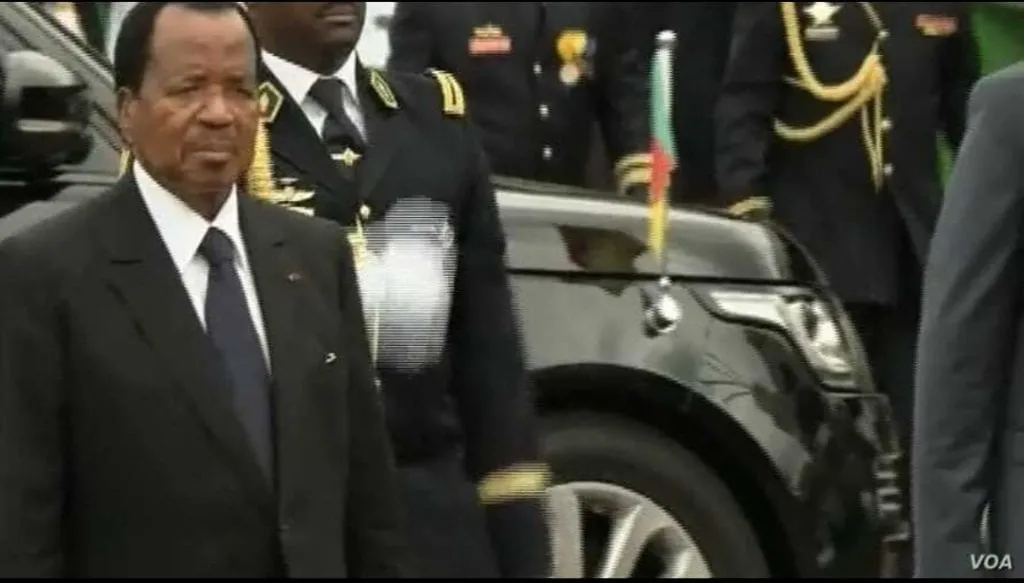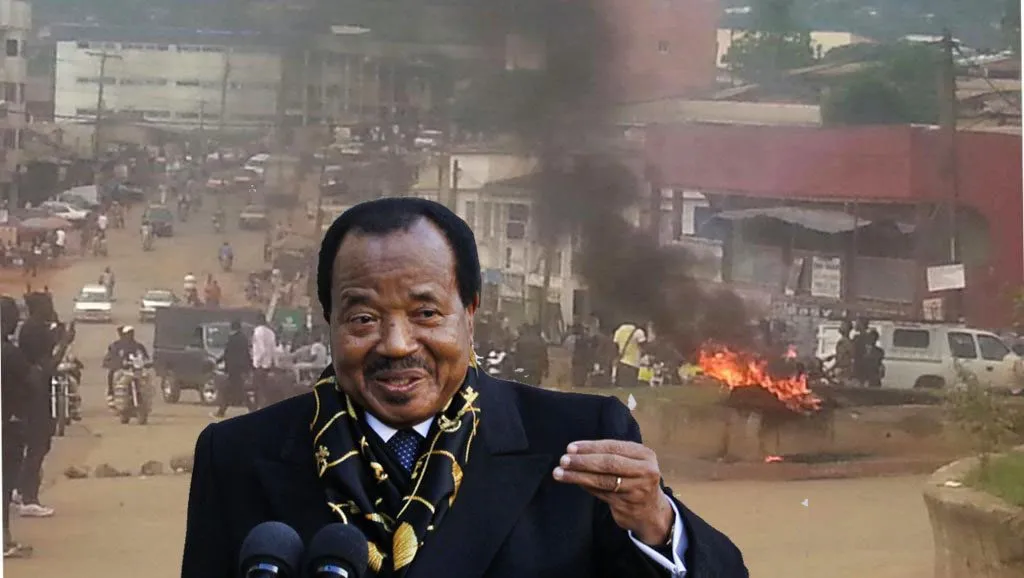For a country that claims to be a democracy, this would have been time for it to affirm that the ballot is mightier than the bullet. But President Paul Biya and his regime failed again.
Election Day came and passed, but Cameroonians had every reason to be tense. It was particularly the case in the troubled North West and South West Regions, where soldiers are battling separatists. It was no different in the Littoral and Centre regions where ethno-political tensions are at an all-time high.
The security presence in Douala and Yaounde showed that the government sees members of the Cameroon Renaissance Movement, CRM, of Professor Maurice Kamto as a threat. The party had called for a boycott of the elections until the electoral laws are reviewed and the crisis in the Northwest and Southwest regions resolved.
Like was the case during the 2018 senatorial and presidential elections, as well as during the February and March 2020 municipal and legislative elections, electors were transported to polling stations in armoured cars.
These new set of “representatives” of the people can no longer meet and interact with the people they purport to represent. The councillors and traditional rulers who are supposed to be closer to the grassroots are even unable to set foot in their homes, talk less of interacting with the masses.
Due to the insecurity that reigns in the crisis-hit North West and South West regions and threats by separatist fighters to attack those who take part in the regional election and to disrupt the polls in the regions, councillors were escorted and shielded by the military to vote. A testament that the bullet is stronger than the ballot in Cameroon’s own version of democracy.
On Saturday, December 4, one day before the election, municipal councillors were escorted in heavily guarded military convoys to divisional headquarters in the North West and South West regions where they were guarded until the next day.
In Kumbo in Bui Division of the North West region, for example, the councillors, after having been brought into town by the military, spent the night at the Kumbo council premises which were heavily guarded by armed-to-the- death soldiers.
In the morning of yesterday Sunday, December 6, the councillors were again escorted by the military to the polling stations where they cast their votes and were then escorted out of town.
Meanwhile, in Donga Mantung, some of the councilors, who have not been resident in the division were reportedly also conveyed by the military through the West region into Nkambe where they voted.
In other areas in the North West region, the military also escorted councilors to and from Mbengwi in Momo Division, Fundong in Boyo division, Ndop in Ngoketunjia division where they were shielded to vote.
Lebialem in the South West region was a glaring example given the fact that most, if not all of the councillors in the division and mayors, have moved to neighbor Dschang, Menoua a division of the West region due to the armed conflict in the Anglophone regions.
A well-armed military convoys with armored cars is said to have transported the councilors to and from Menji to enable them to perform their civic duties by voting.
Still, in the South West region, the military ferried councillors to Limbe in Fako division, Kumba in Meme division, Mundemba in Ndian division, Bangem in Kupe-Muanenguba division, and Mamfe in Manyu division where they were also shielded to vote. In Ndian division, some of the councillors were escorted through the high sea by the military.
Nonetheless, but for the military convoy on its way back to Bamenda escorting councillors from Mbengwi that came under attack by suspected separatist fighters, leading to the death of one councillor, the election generally went on hitch-free in the North West and South West regions.
It should be recalled that this is not the first time councillors are being escorted by the military to cast their votes in an election. It was the same scenario during the senatorial election in 2018. Councillors in Lebialem in the South West region were airlifted by helicopter to vote in Dschang, Menoua division of the West region.
If those who are expected to lead the people do not feel safe, how then can they secure the people?
If Biya thinks regional council elections will solve the Anglophone crisis, how will that be done?
The Role of the Military in a Democracy is an ever-relevant concern that was already raised by Plato 2500 years.
The principle of political control of armed forces as we know it today is rooted in the concept of representative democracy. It refers to the supremacy of civilian institutions, based on popular sovereignty, over the defense and security policy-making apparatus, including the military leadership.
Democratic control should always be a two-way process between armed forces and society. In a democracy, firm constitutional guarantees should protect the state – including the armed forces – from two types of potential dangers: from politicians, who have military ambitions, and from military with political ambitions.
But in Cameroon, the politicians of the day have ganged up with the military to bleed the masses. Although they cannot operate freely in the North West and South West regions, they do not fail to say that ‘the situation is under control”. But for how much longer? Is four years of bloodshed and destruction not enough?
Government must now declare a ceasefire, announce a mediator and go to dialogue.
Mimi Mefo Info Editorial





